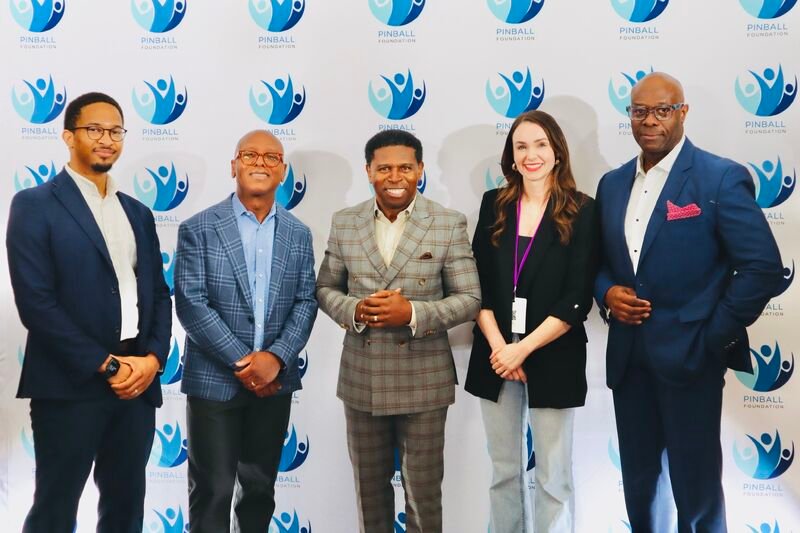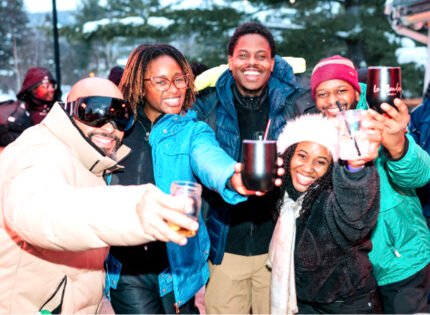On March. 31, 2025, it was announced that the KPMG Foundation had donated $150,000 for three years in a new collaboration with the Pinball Foundation. The funds will provide marginalized and racialized youth in Canada with various opportunities and support like education, technology, resources, sponsorships, and mentorship.
Paul Hamilton, national director of Talent Attraction with KPMG Canada, said their collaboration will help underprivileged students reach their future goals.
“It’s going to help students move from being marginalized students into the mainstream because the ultimate goal is to help these students acquire the education that they need to reach their full potential when they go into the job market and either become successful entrepreneurs or join the workforce in a meaningful way,” Hamilton said to the CONTACT.
Hamilton explained that their partnership would benefit 15 students. He said this opportunity would be beneficial for underserved Montreal students, as they would be able to see what they could work with in the future. They will be able to attend their Montreal office and observe what occurs daily in a professional service firm, envisioning their days if they aspire to that profession after acquiring the necessary education needed to be part of the accounting profession and potentially join KPMG.
He added that disadvantaged youth face numerous challenges related to postsecondary education. Some students are the first in their families to pursue education in that field.
“So they don’t have a role model to follow to understand the journey. 31 per cent of the youth at the Pinball Foundation are the first in their family to attend postsecondary education [institutions],” Hamilton said. “Many of these folks, including 50 per cent of the youth at the Pinball Foundation, access social assistance programs.”
Hamilton said that by allowing these students to see other Black people in higher positions, they realize that they can reach that level, too, with the right pathways.
“When they see me as a Black leader at KPMG, they recognize that they can be in this position with the education, the support, and the mentorship. So that hope is so important because a lot of them do not have that hope to begin with,” Hamilton said.
Hamilton said students get paid while being at KPMG, whether through an internship or co-op.
“They’re able to participate in thought leadership and contribute to the success not only of the firm but also helping our clients solve complex problems. So it’s really fulfilling,” Hamilton said.
“Knowing that a few years ago they might have been living in a shelter, and now you see them thriving in an environment where they’re contributing to themselves, their careers, but also to the direction and the strategy of the organization.”
Hamilton explained that one of his challenges is wishing that he could help more students in Canada. He expressed his excitement about helping 15 students achieve their education but emphasized that “there are more than 15 [students] out there.”
He said that part of their journey is encouraging other organizations to join them in helping marginalized students. Organizations that are passionate about helping youth and appreciate and understand the value of diversity, equity, and inclusion are the ones he would like support from.
“I want this youth to understand that they’re not alone, that they have resources, networks, and mentors that they can reach out to and cultivate those relations,” Hamilton said. “I think it’s really important that they recognize that this journey they’re embarking on is not a solo mission. It is really about fostering a community, fostering an organization, or a group of people who support and uplift them.”












